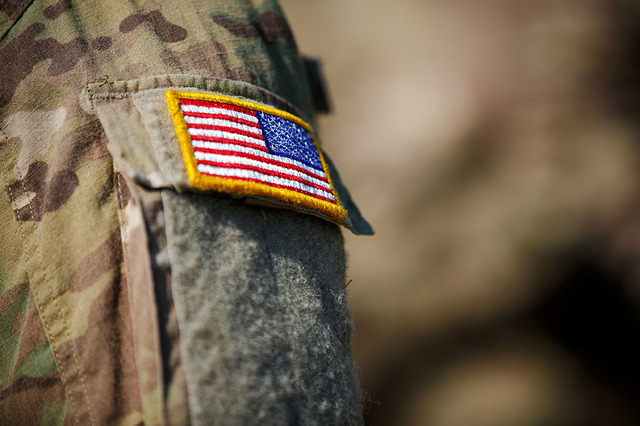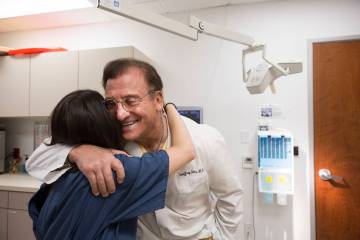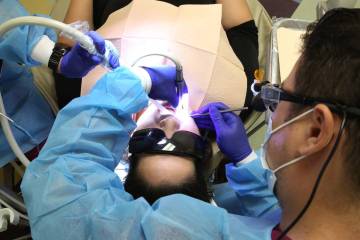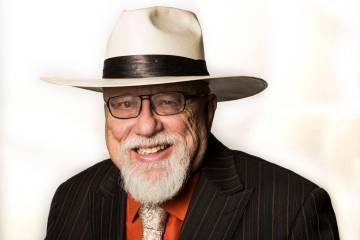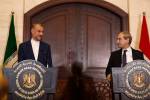Will it take a military draft to unite Americans?
In the wake of Veterans Day, some reasons for having the military draft restored.
Knowing what we know from medical studies — that the more tours of duty in combat zones, the greater the risk of post-traumatic stress disorder — it seems criminal to deploy military personnel three or four times into harm’s way. Studies show more than 300,0000 returning veterans from Afghanistan and Iraq suffer from the condition or other psychological issues. With more troops available through conscription, there’d be no need for repeated deployments.
Having less than 1 percent of American citizens serving in the military means fewer people have “skin in the game,” which can translate into a public largely uncaring about foreign policy. That lack of interest reflected in a Roper poll that found nine out of 10 young adults couldn’t find Afghanistan on a map of Asia, even though the United States armed forces have suffered thousands of casualties there.
The United States, according to the Congressional Research Service, has sent the military abroad more than 125 times since the draft was ended in 1973, compared with fewer than 30 times between the peacetime draft’s start in 1940 and its elimination. It seems clear an all-volunteer military makes it easier for politicians to resort to force rather than diplomacy, even when acknowledging that the world is more dangerous.
Veterans have found military service unites people of all economic classes, religions and races with a shared experience. That’s what I found in Vietnam. Ditto for Guy Lashlee, who had to rely on Americans of all persuasions to get him back to safety after the North Vietnamese shot his plane down.
Korean War veteran U.S. Rep. Charles Rangel, D-N.Y., has said about reinstating the draft: “If young men and women of all races and socioeconomic statuses served together, our citizens would come to share or at least understand one another’s values, and points of view.”
After what we’ve seen in this year’s presidential election, and continue to see in its aftermath, wouldn’t that be refreshing?
Although I agree with Rangel, it’s well beyond sad that a tragedy or war — or the threat of it — is largely the only way Americans can be brought together.
That’s essentially what a 2013 report by the Washington, D.C.-based PRRI research group on Americans’ core social networks illustrates.
“Among white Americans, 91 percent of people comprising their social networks are also white,” researchers found. “Among black Americans, 83 percent of people in their social networks are composed of people who are also black. … Among Hispanic Americans, approximately two-thirds of the people who comprise their core social networks are also Hispanic.”
Those numbers suggest much of segregation is still around by choice. However, studies show, about 40 percent of blacks and Hispanics go to schools that are now only about 10 percent white. And that’s not by choice.
But let’s face it: Most of our social problems aren’t of the George Wallace-of-Alabama variety but because far too many people of all colors don’t care if the country lives in harmony or not.
How can we unite if we can’t go to dinner or play cards together? If we can’t make the simplest social connections, how can we expect governance that appreciates another culture?
The world’s best scientists tell us our DNA is 99.9 percent the same as the person sitting next to us — no matter his or her color. And many of us tell those scientists to shove it. In one way or another, too many of us say, “We’re better than you.”
Years ago, when Michael Jhin was CEO and I was head of public relations at a Houston hospital, we wrote a piece in honor of Martin Luther King Jr.’s birthday.
America, we said, was a beautiful mosaic of people “where the beauty of each tile stands intact, but never alone … the greatest and distinguishing characteristic of being human is the capacity to see beyond ourselves. … We are all in the same boat of planet earth … As humankind, we’ve all got to get better at being human. And for that matter at being kind.”
How pathetic America needs a military draft — the threat of war — to get better at being human, at being kind.
Paul Harasim’s column runs Sunday, Tuesday and Friday in the Nevada section and Monday in the Life section. Contact him at pharasim@reviewjournal.com or 702-387-5273. Follow @paulharasim on Twitter.



